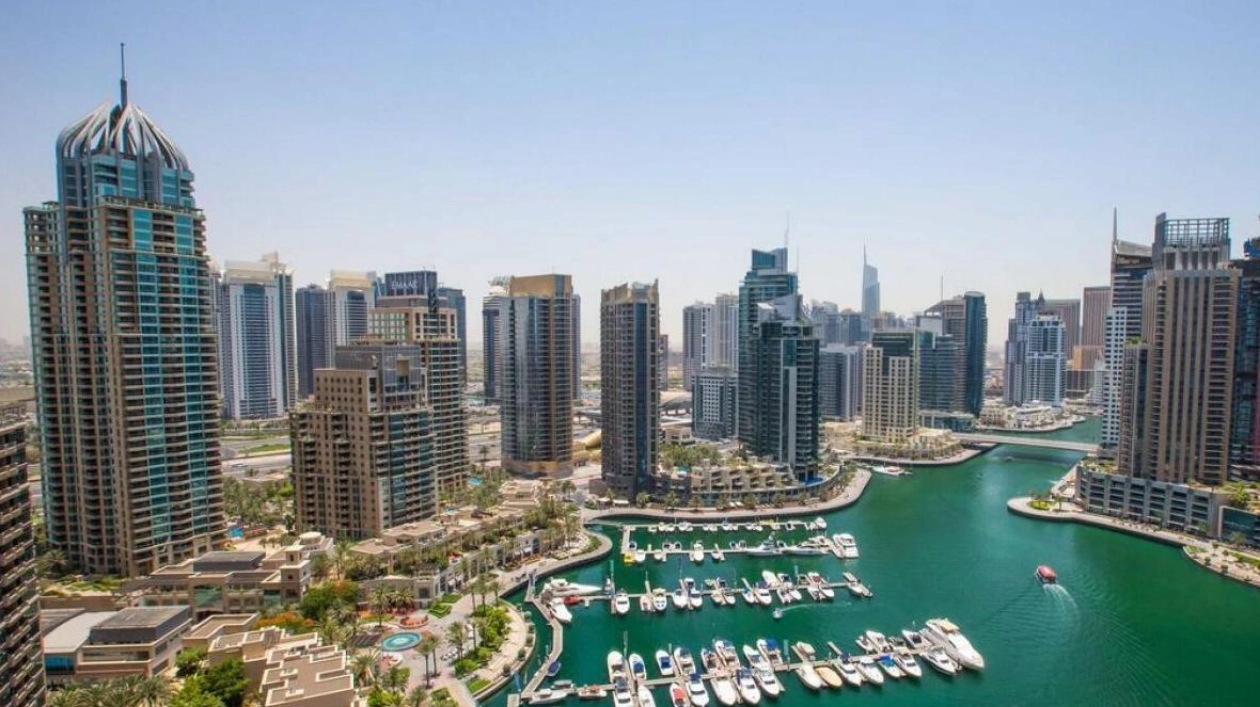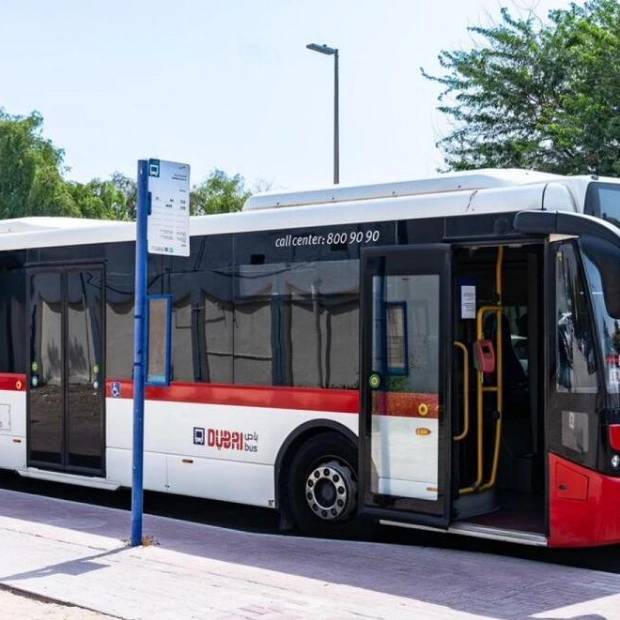Short-term rentals in Dubai are transforming the rental market, with a 30 percent rise in demand compared to the same period last year, according to recent data. Industry experts note that this trend is revolutionizing the region’s real estate landscape, providing substantial returns for astute property owners and appealing accommodation choices for visitors.
“Over the past year, we have witnessed a significant surge in short-term rentals in Dubai, with bookings increasing by 30 percent due to growing tourism and a demand for flexible living options,” states Myles Rothwell, Managing Director at Edwards and Towers, a prominent real estate brokerage and surveying firm in Dubai. “This has resulted in investor returns that are up to 20 percent higher than those from traditional leases. In contrast, long-term rentals offer a steady income, maintaining an average annual yield of 7 percent.”
“When looking for the perfect short-term rental, comprehensive research is essential,” advises Cherif Sleiman, Chief Revenue Officer at Property Finder, a leading regional property portal. “Our latest white paper, titled Opening Doors: Insights, Trends and Forecasts for Real Estate in the UAE, indicates that most short-term renters, especially families, prefer communities that offer a lifestyle-oriented environment with vibrant amenities and good connectivity. While consumers seek unique experiences provided by diverse hosts, investors see this as an opportunity to select properties that offer the best returns. Indeed, the growth of short-term rentals is an exciting development in the real estate sector, and we anticipate its continued success,” he adds.
Beyond the overall increase in demand, certain areas are gaining prominence for their short-term rental offerings. Anthony Joseph Abou Jaoude, Founder and CEO of Primestay, one of Dubai’s leading holiday home rental companies, points out that areas like Business Bay, Arjan, Jumeirah Village Circle, Downtown Dubai, Palm Jumeirah, and Damac Hills are particularly popular. These areas offer a mix of world-class amenities and trendy communities, providing unique experiences and easy access to the city’s attractions.
“In recent years, Dubai has emerged as a luxury travel destination, with visitors willing to pay more for high-end accommodations. A notable trend is that families and groups prefer larger holiday homes over multiple hotel rooms, which has increased the demand for vacation villas and spacious apartments for short-term rentals. From early 2023 to date in 2024, Dubai’s growing demand for short-term rentals presents landlords with lucrative opportunities for high occupancy rates and attractive rental yields. Dubai’s vibrant tourism scene ensures strong demand for short-term rentals, offering landlords and investors a steady and profitable income stream,” Anthony adds.
As winter approaches, the city prepares for an influx of visitors with varied tastes and preferences. Staying attuned to these needs is crucial for investors aiming to maximize a property’s value in this segment. “Dubai’s short-term rental market is growing rapidly, with new operators entering the field. However, the market remains fragmented, with the top five companies accounting for less than 10 percent of the offerings. In the next one to two years, I foresee a wave of consolidation, with some operators expanding to manage over 100 units, while others may exit the market. We can also expect stricter government regulations to ensure compliance with licensing and guidelines. Additionally, technological advancements like AI-driven tools and smart home features will enhance both guest experiences and operational efficiency. Finally, as remote work becomes more prevalent, we anticipate a growing demand from digital nomads seeking flexible, short-term accommodations,” explains Nina Klishevich, General Manager at Blueground, operator of the largest, curated network of furnished rentals globally.
With the potential for strong returns in mind, short-term rental offerings must meet both regulatory and consumer demands. Key considerations for investors include: Regulatory Clarity and Compliance: Ensure you understand all regulatory processes, focusing on health and safety, quality protocols, and consumer protection measures. Technology Integration: Implement smart home devices to enhance convenience and connectivity for potential tenants, improving guest experiences and operational efficiency. Sustainability Initiatives: Adopt eco-friendly practices within the short-term rental sector, such as using energy-efficient appliances and sustainable building materials, to attract environmentally conscious travelers. Trusted Platforms: Utilize trusted property search platforms to showcase your short-term rental to a global audience.






